Gardens
Gardening and landscape design ideas to help you make the most of your outdoor living space.
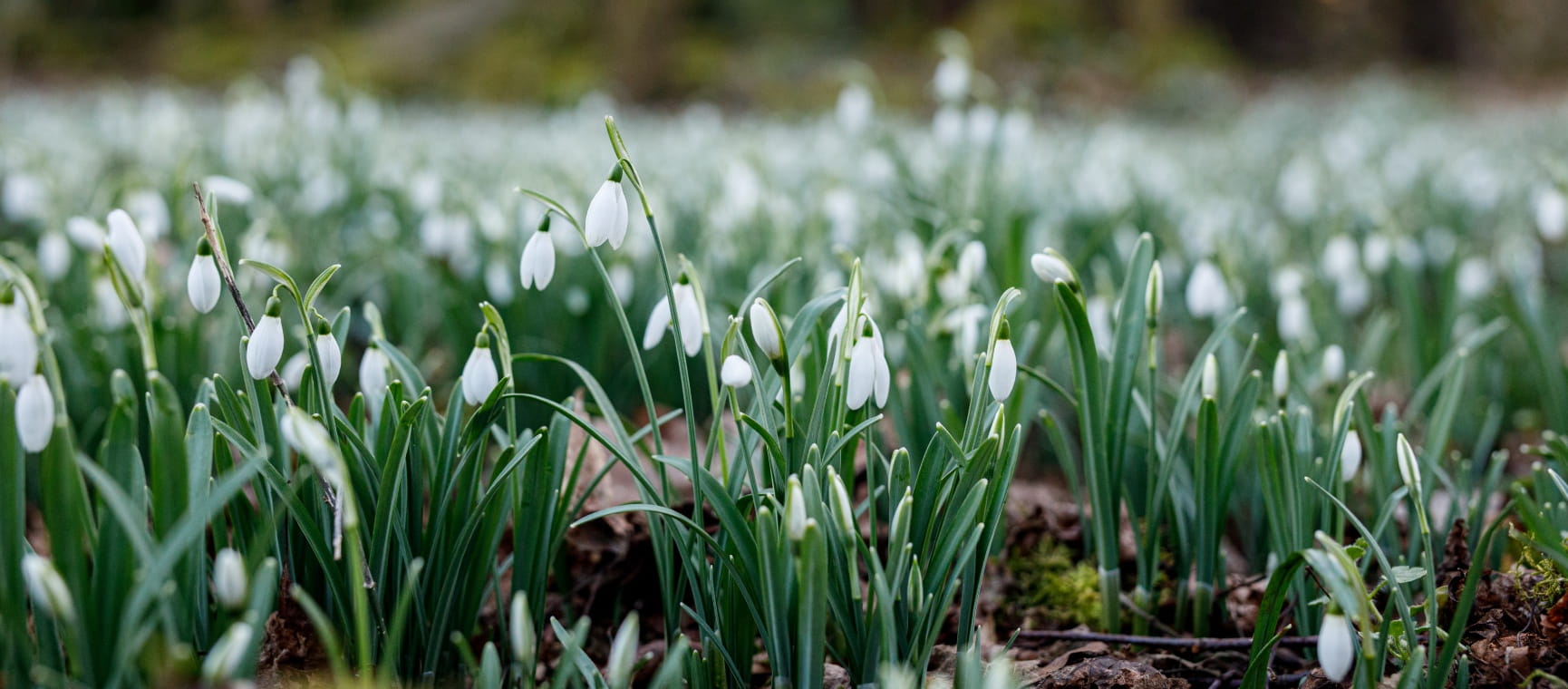
Celebrate snowdrop season with 6 of the best places to see them
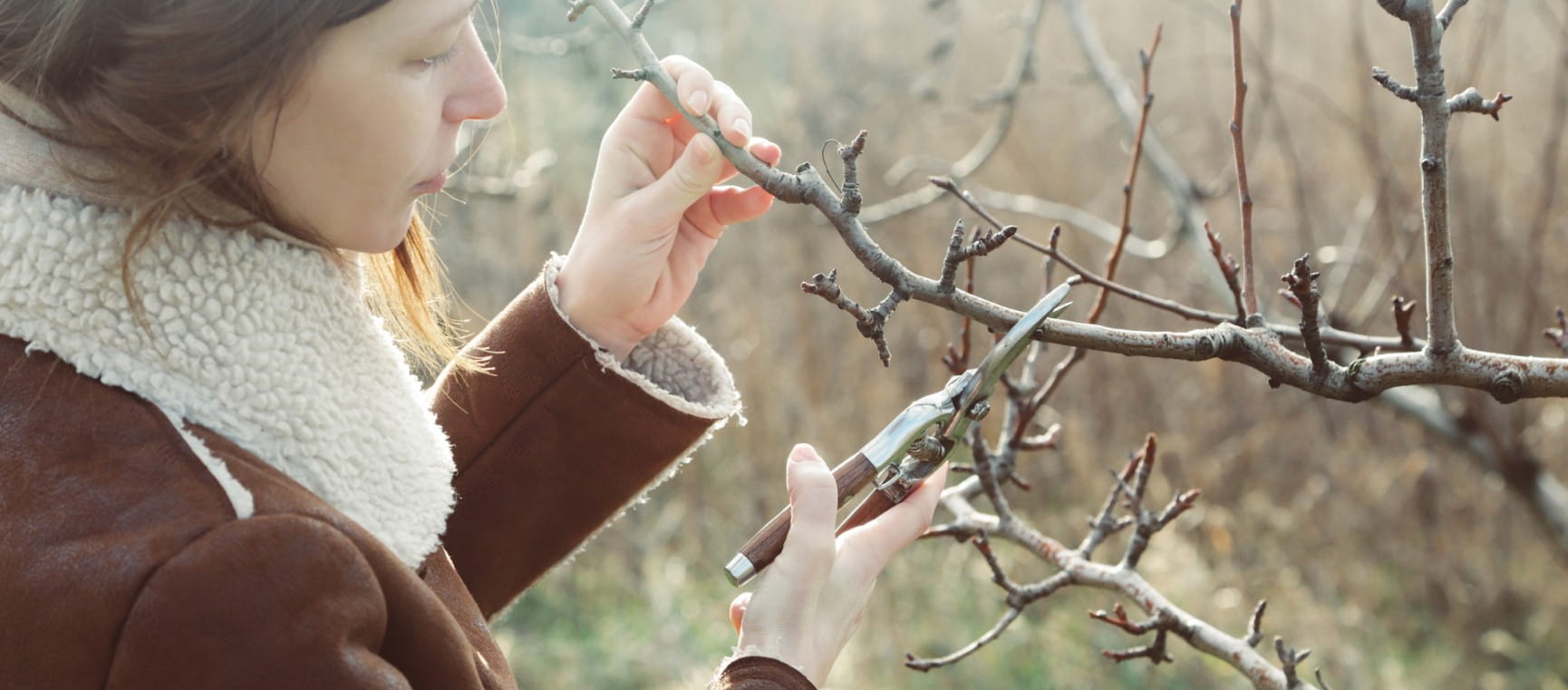
Jobs for the garden in January
January isn't a time to put your feet up if you want to get ahead in your garden.
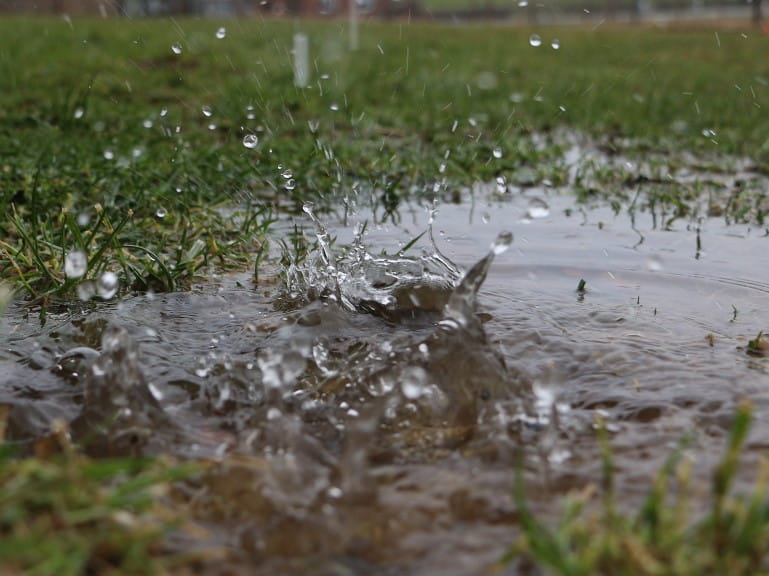
How to deal with waterlogged soil in your garden
The best ways to improve soil drainage and choose plants that thrive in damp conditions.
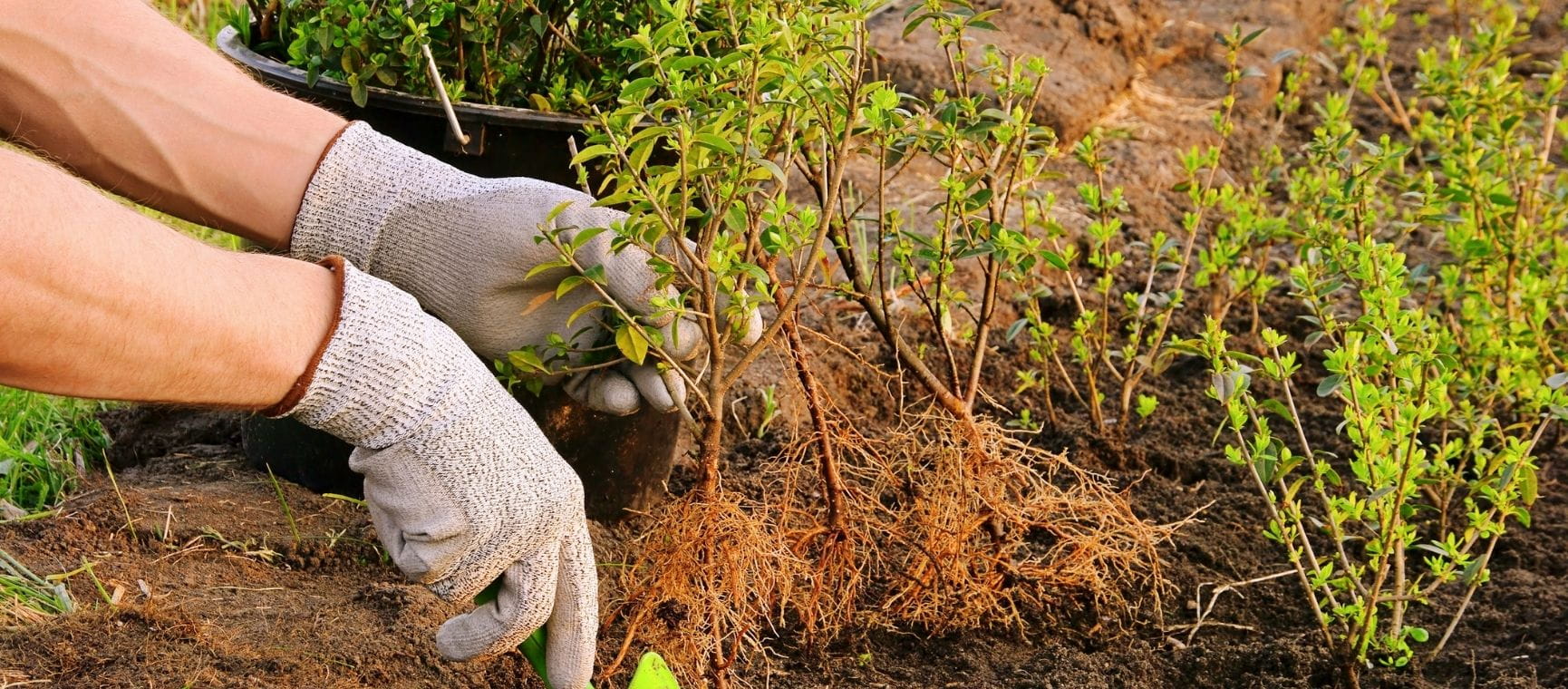
How to plant bare-root roses, trees and hedging
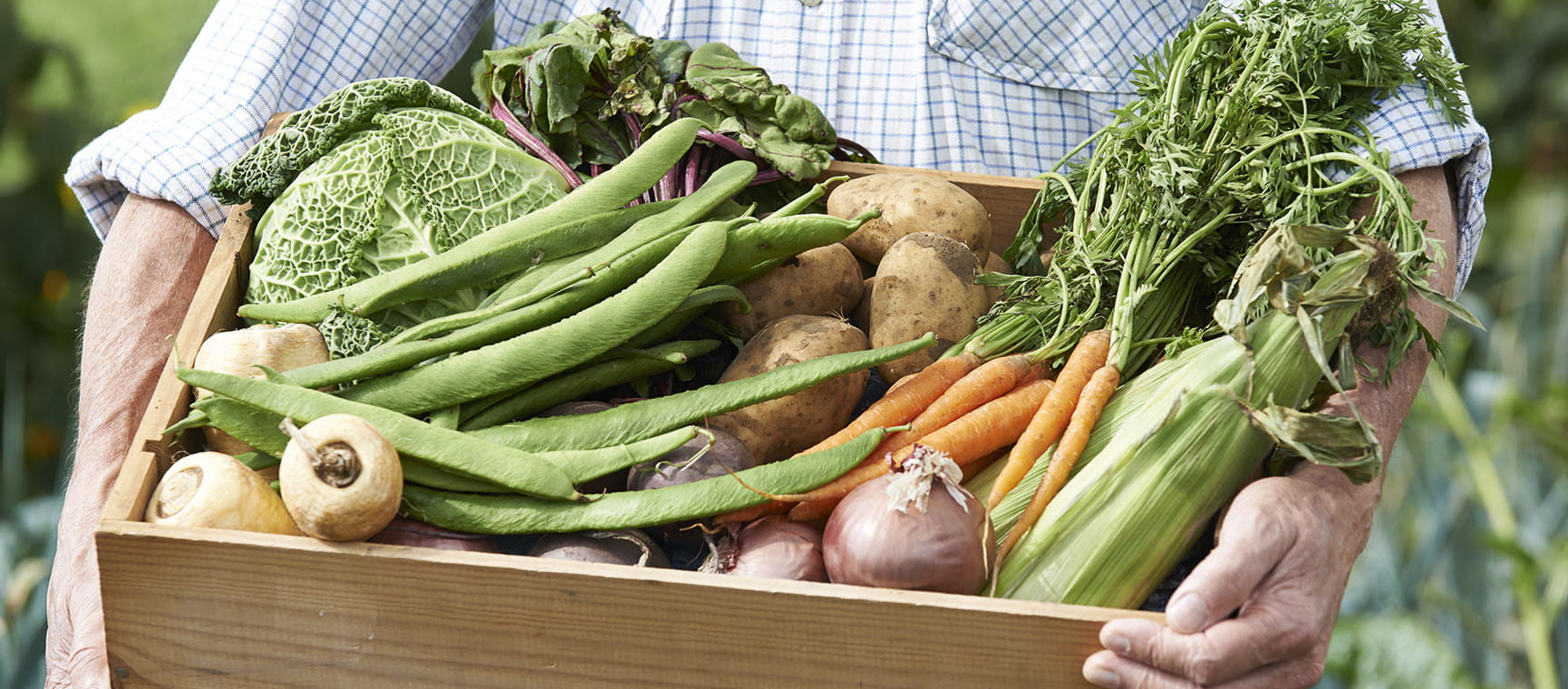
How to grow your own vegetables - with tips from the gardening experts
Nothing beats home-grown food for taste, value and nutrition - here experts share their advice to save you time and effort.
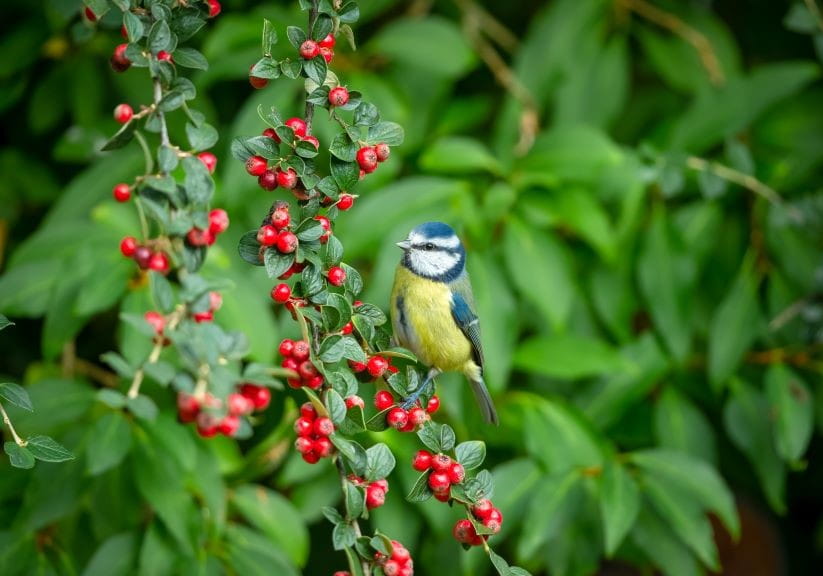
The 10 best plants to attract birds into your garden

For a limited time, enjoy 3 issues of Saga Magazine for just £1. Receive the next 3 print editions delivered direct to your door, plus 3 months’ unlimited access to the Saga Magazine app—perfect for reading on the go.
Don’t miss your chance to experience award-winning content at an exceptional price.
Play our free daily puzzles
Beat the boredom and exercise your mind with our selection of free puzzles.



